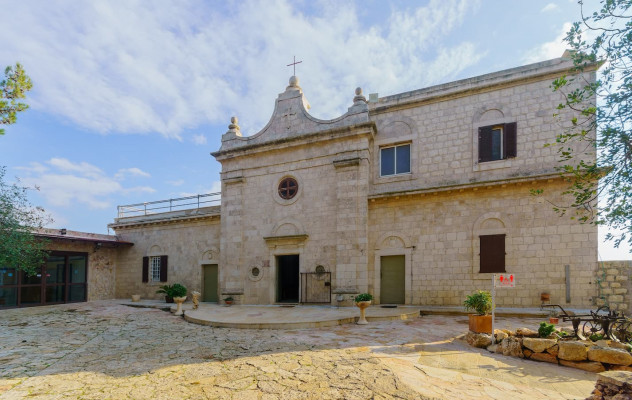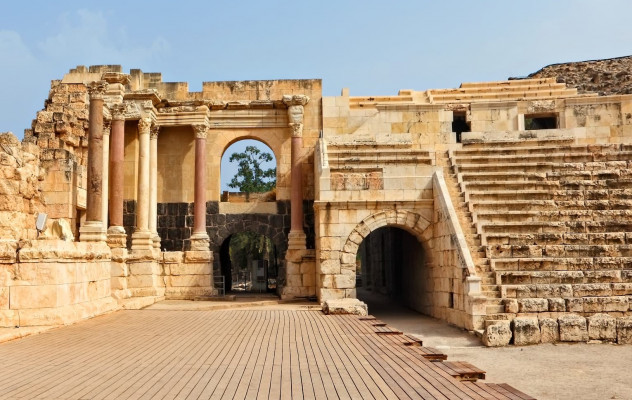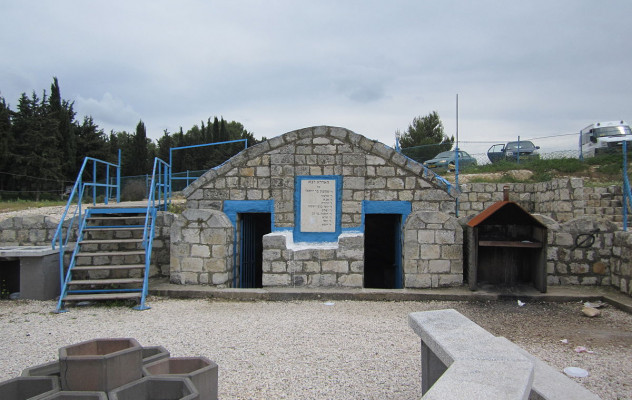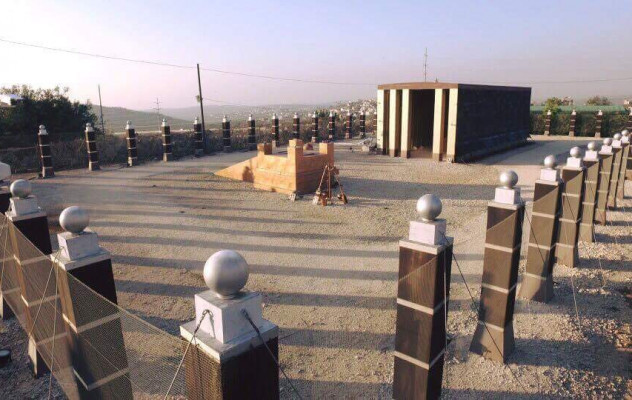The events that took place on this site, at the top of Mount Carmel, are recorded in the Scriptures, in Kings I (Melachim 1; 18:40), and date back to the reign of King Ahab of Israel (873-852 B.C.).
As the Talmud narrates, this king was one of history's greatest sinners.
That said, commentators do not deny that most likely he became this way under his wife's, the Sidonian princess Jezebel, influence, since she was a schemer and a pagan.
Having become legitimate queen, Jezebel started to actively impose the cult of Phoenician deities, Baal and Ashtartha, on Israel.
Many Jews opposed their Queen's innovations.
First and foremost, those were the prophets loyal to the Torah, under the leadership of the prophet Eliyahu.
More than once, Eliyahu warned the king that his wrongdoings would bring misfortune upon the country.
To no avail, for Ahab did not heed the divine messages.
And when the king's wickedness became extreme, a severe drought struck the country.
The Jewish prophets were violently persecuted and King Ahab ordered to have Eliyahu captured and killed.
The persecuted prophet, however, came to the king of his own accord and suggested a marvelous competition be arranged on Mount Carmel.
Eliyahu fought in defense of the true faith, with no one by his side, against four hundred priests of Baal.
The conditions were as follows: two identical lambs would be put on two altars.
By power of prayer the contestants would need to bring divine fire onto their altars.
The contest began.
From morning till noon Baal's prophets shouted to their god, but there was no answer.
But when Eliyahu cried out to the Creator he heard his prayer and heavenly fire lit the altar.
The Israelites fell prostrated and cried:
“The Lord—he is God!"
Meanwhile, the first cloud rose from the sea, the sky grew black with clouds, the wind rose, and heavy rain started (Malachim 18:26-45).
Completely defeated, the priests of Baal were executed by the prophet and by the furious people, and the story of this miracle found its rightful place on the pages of the Tanakh.




